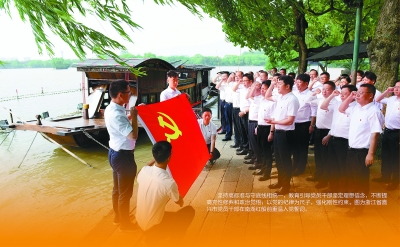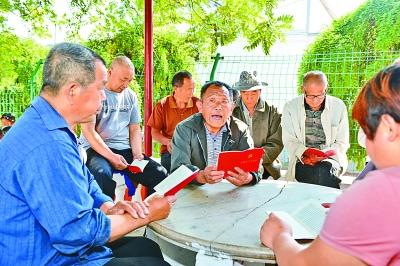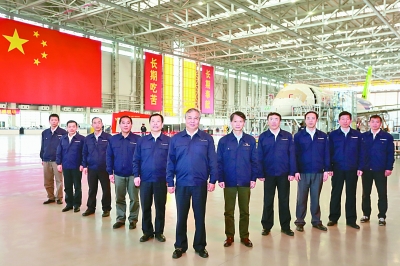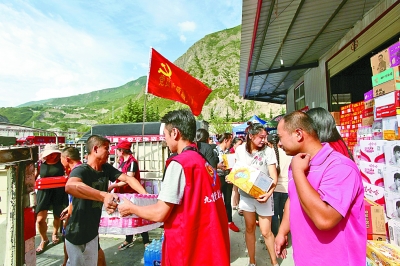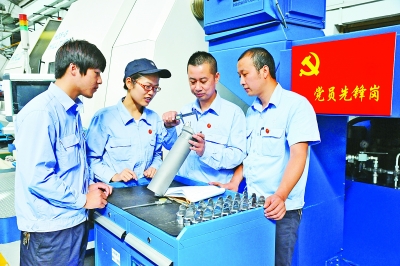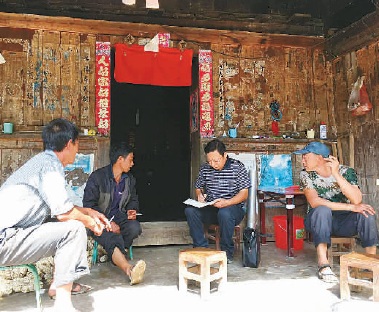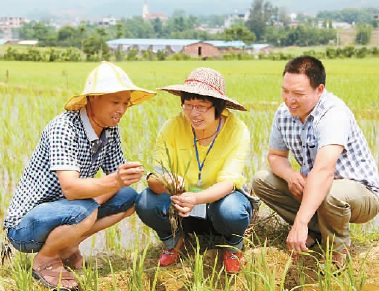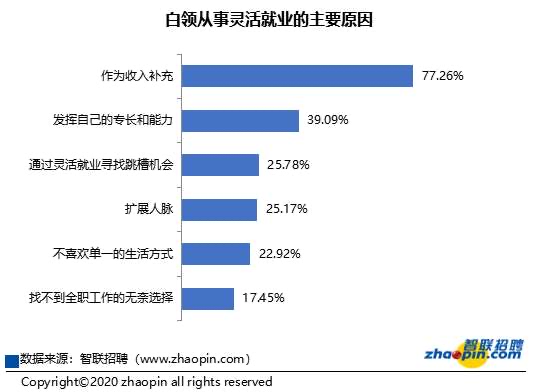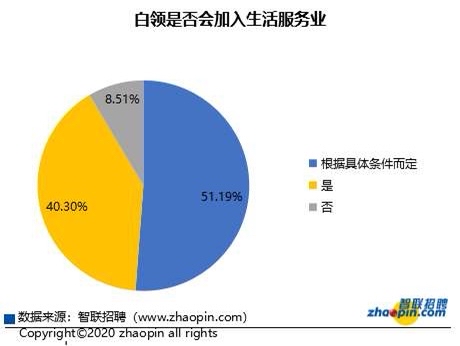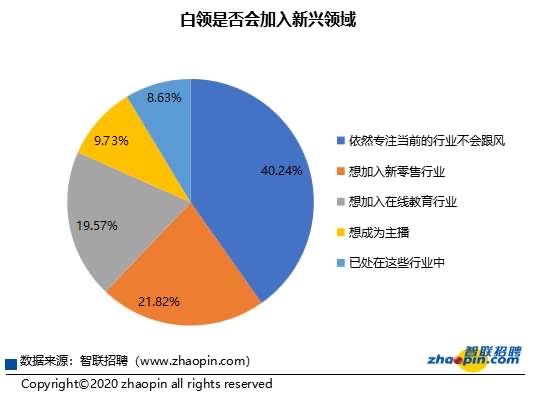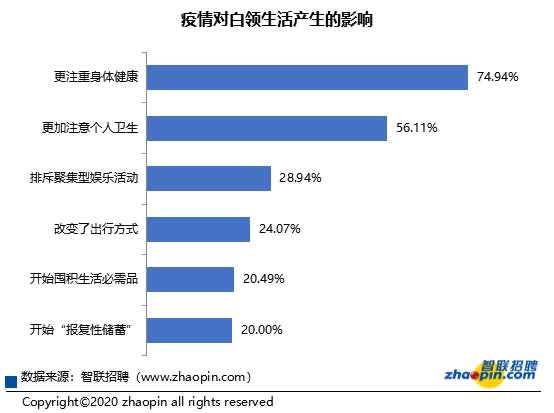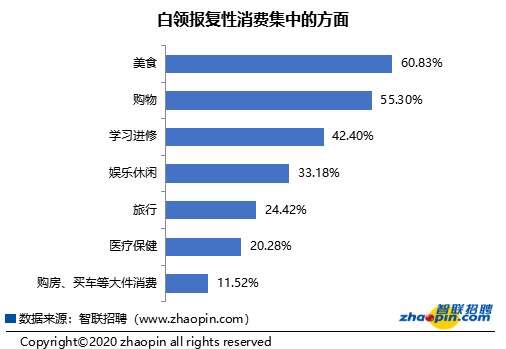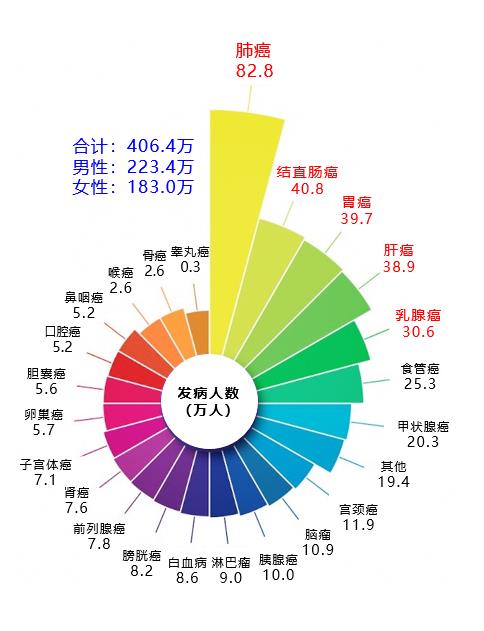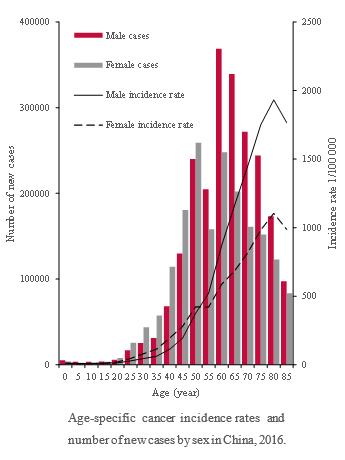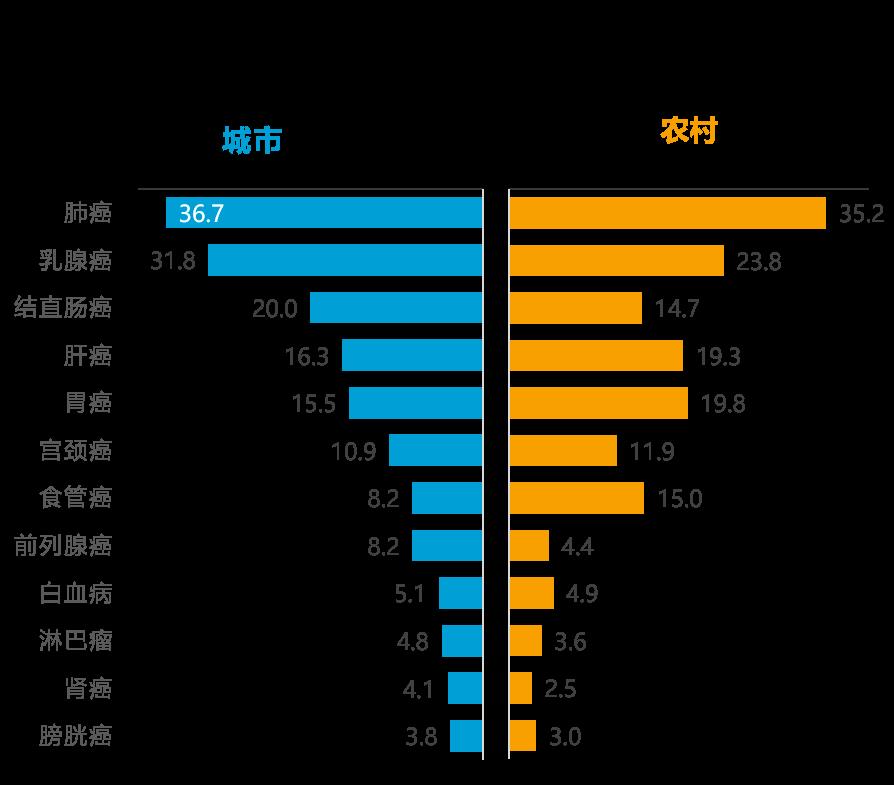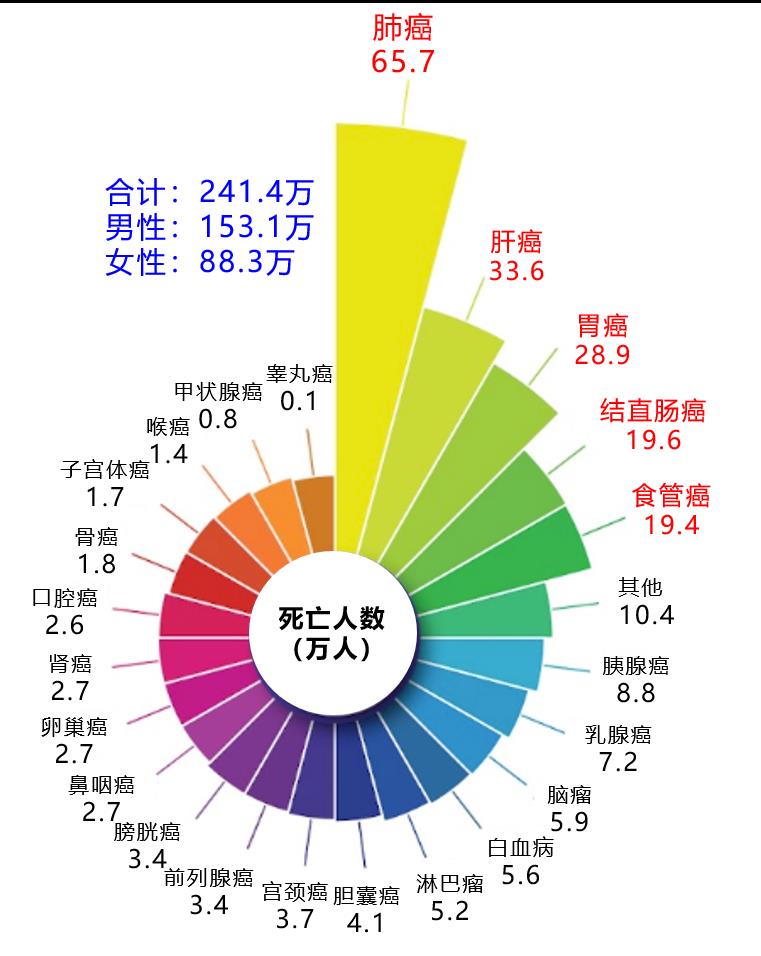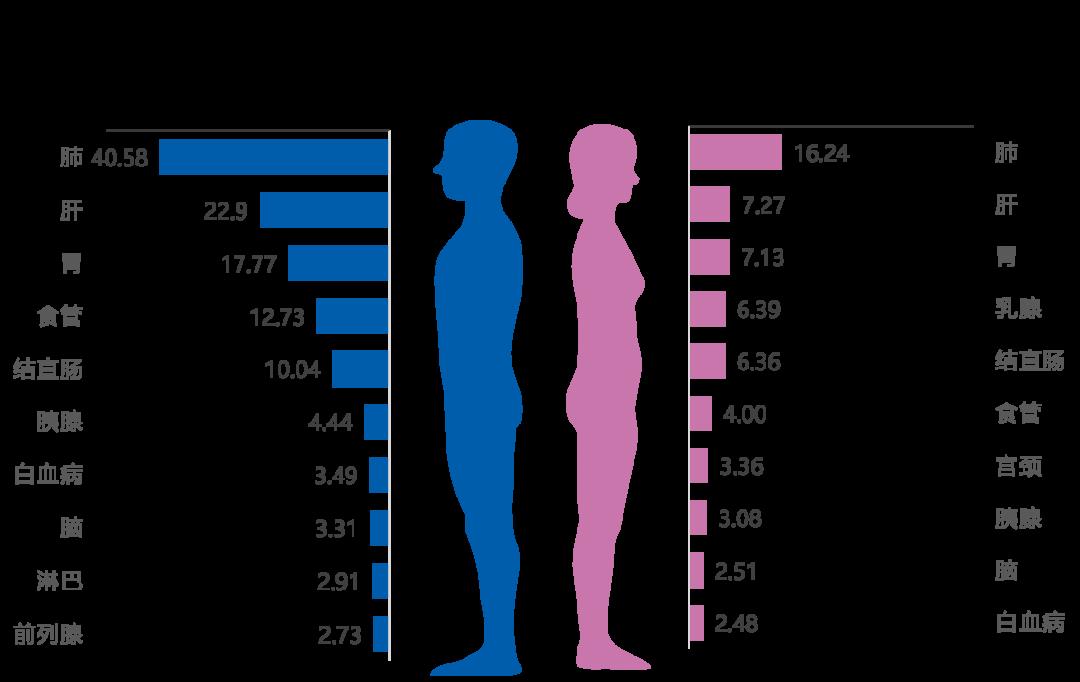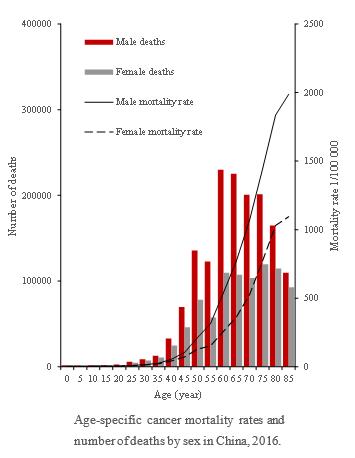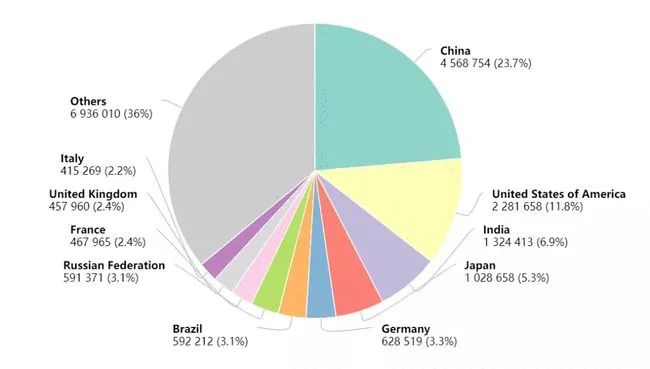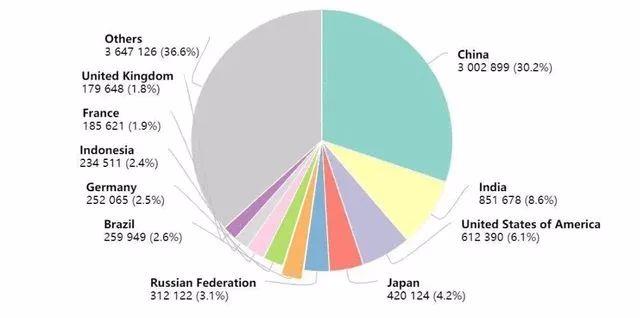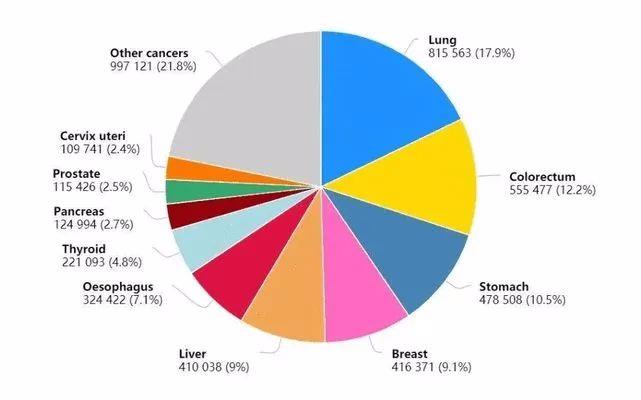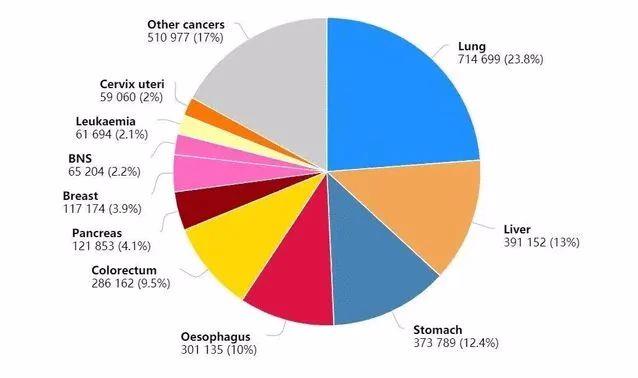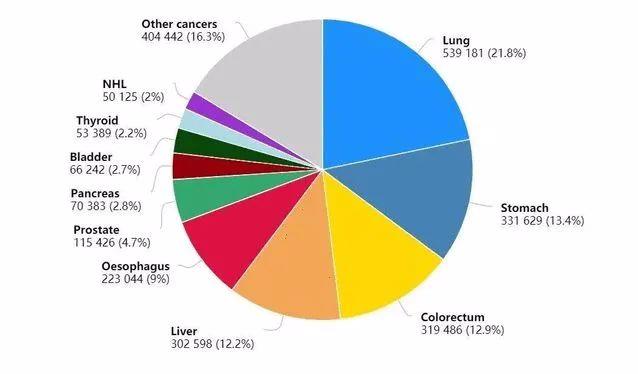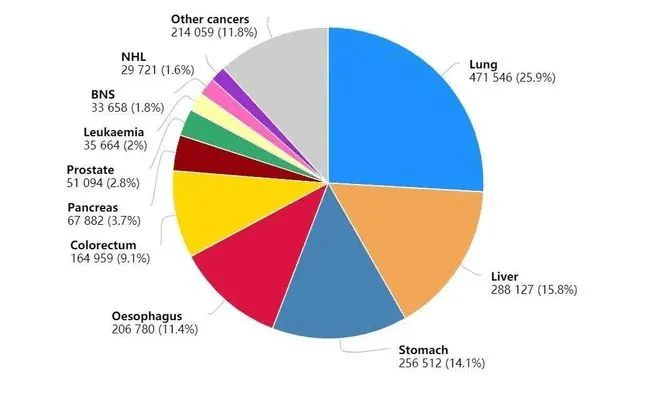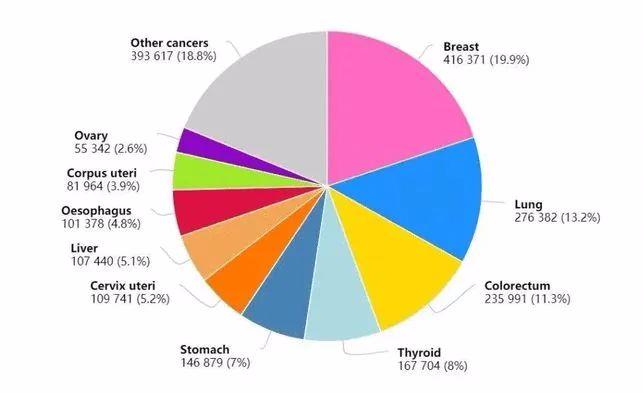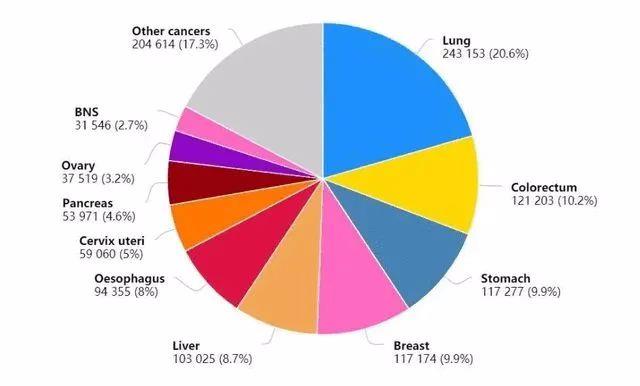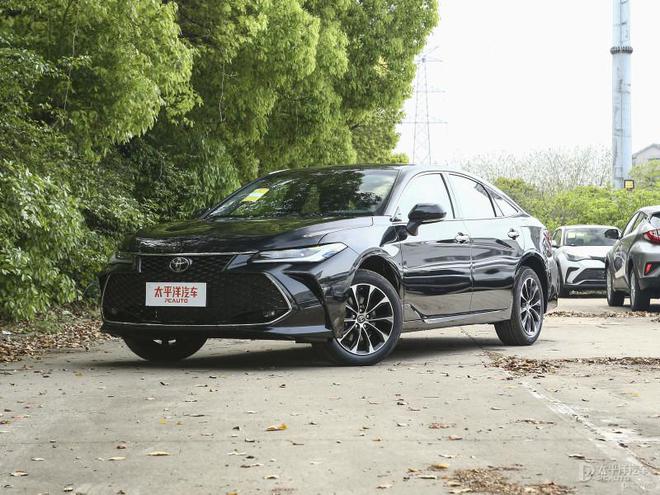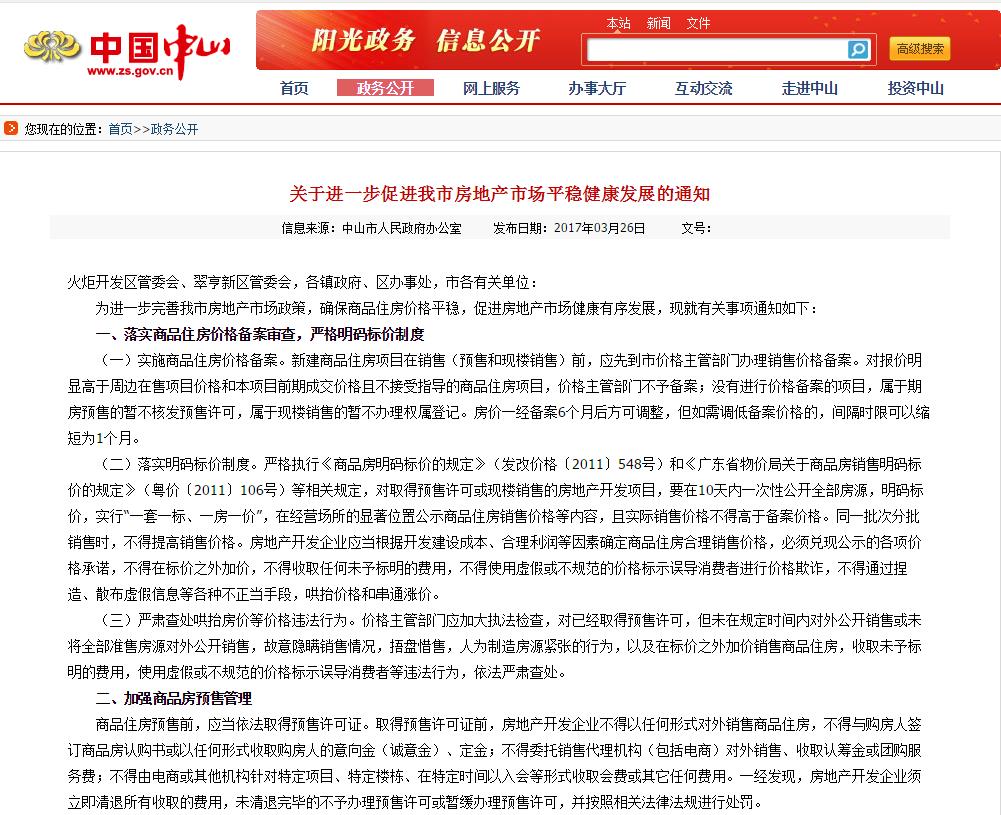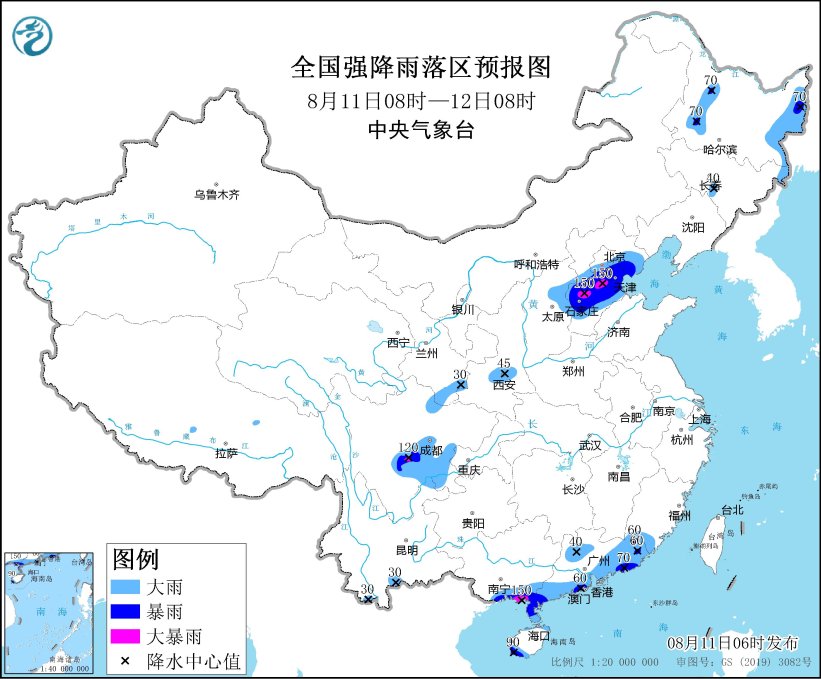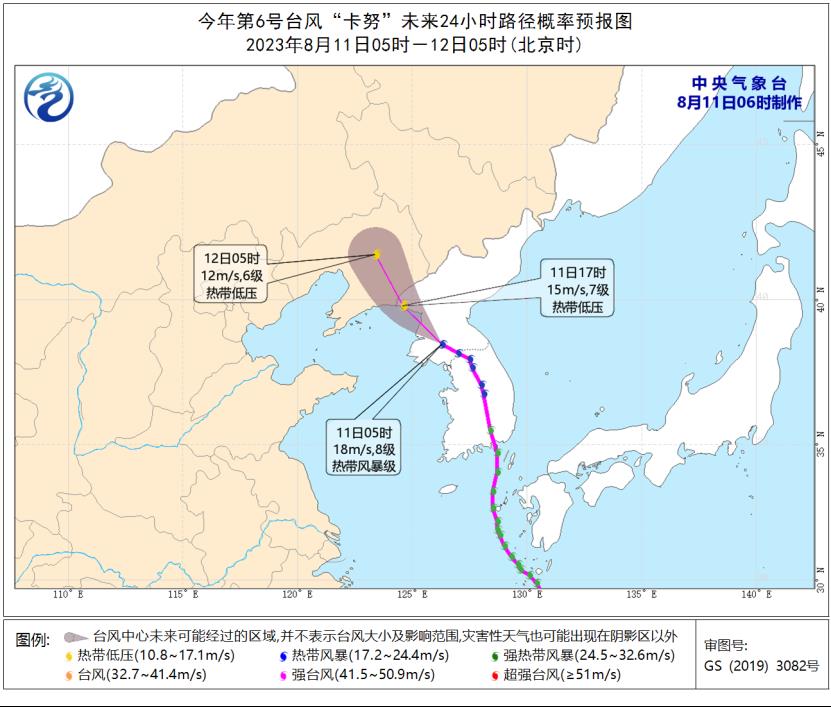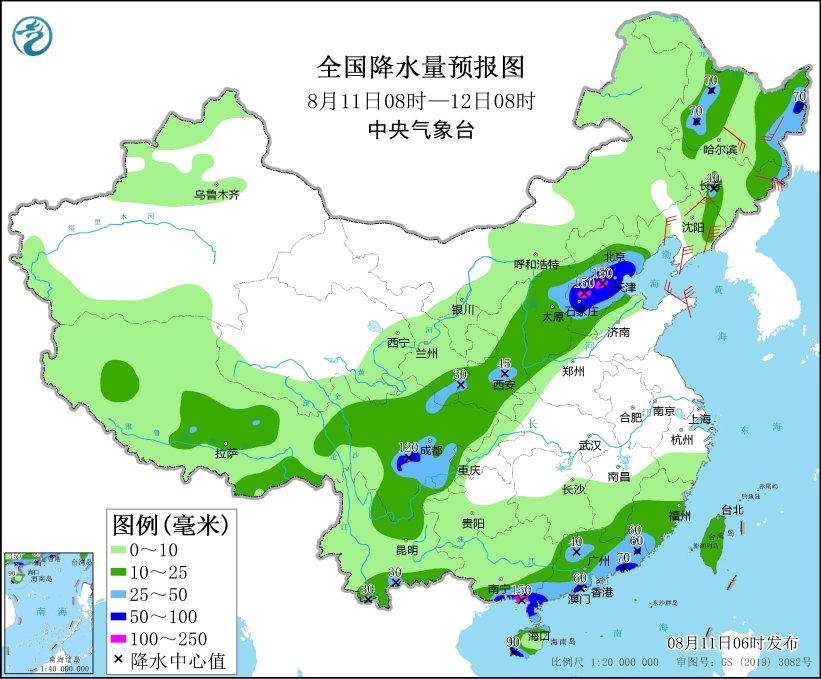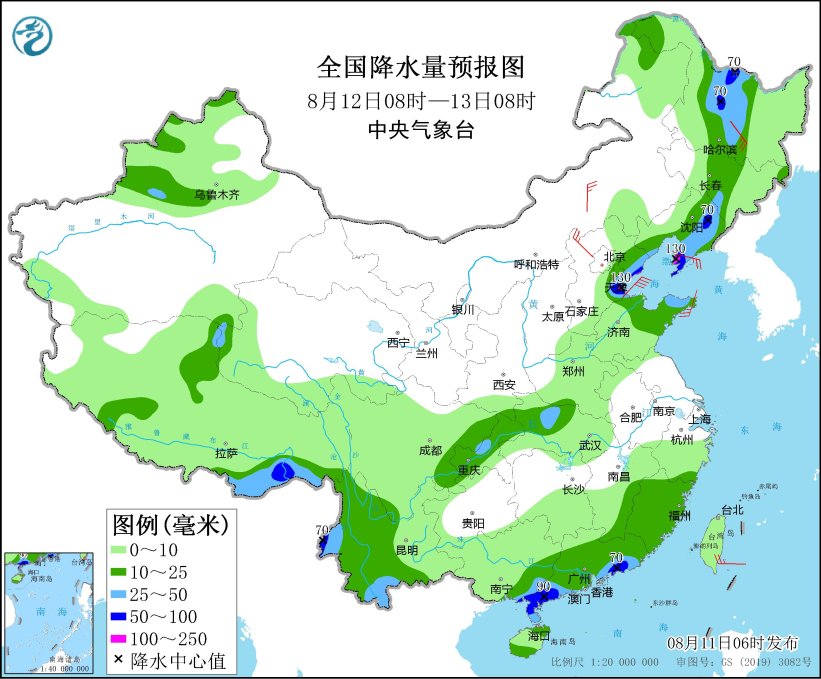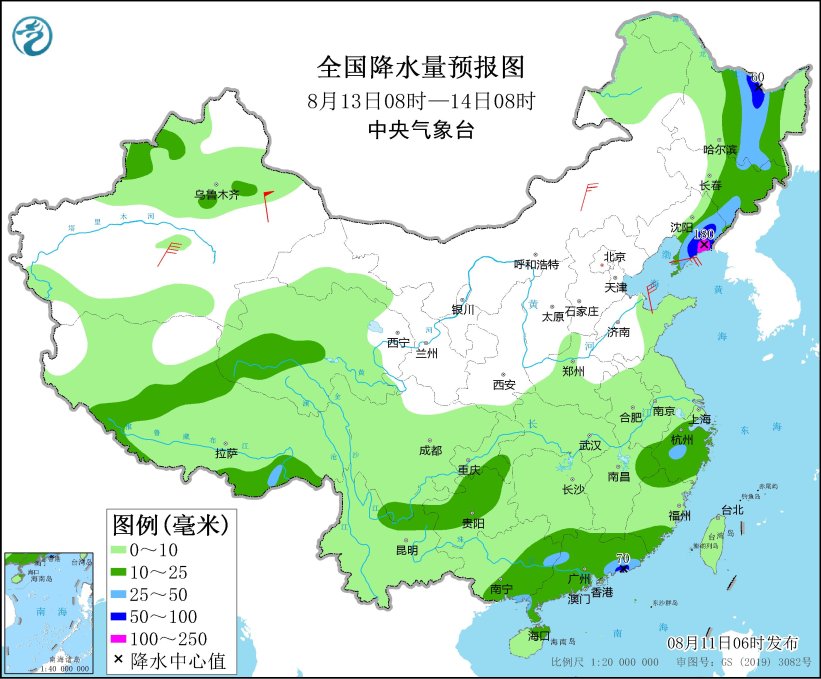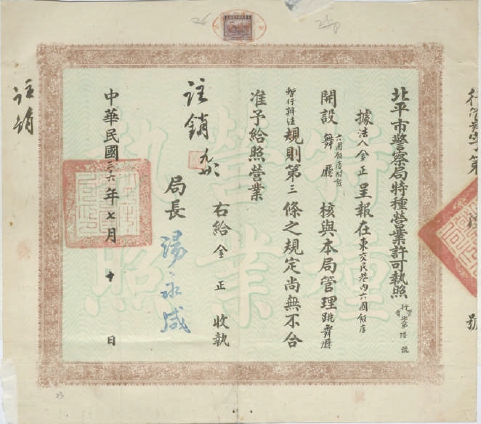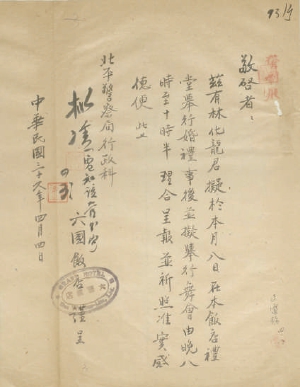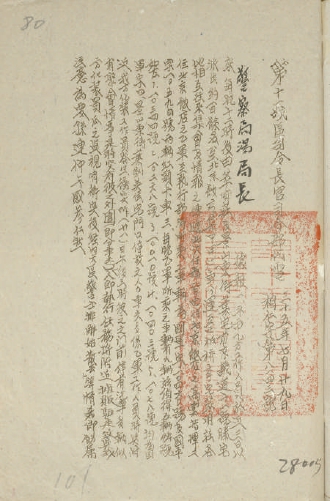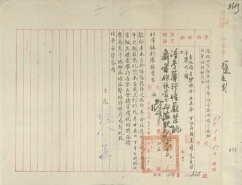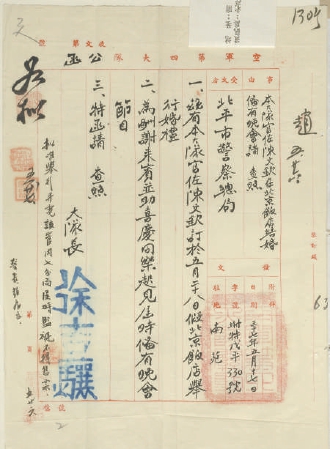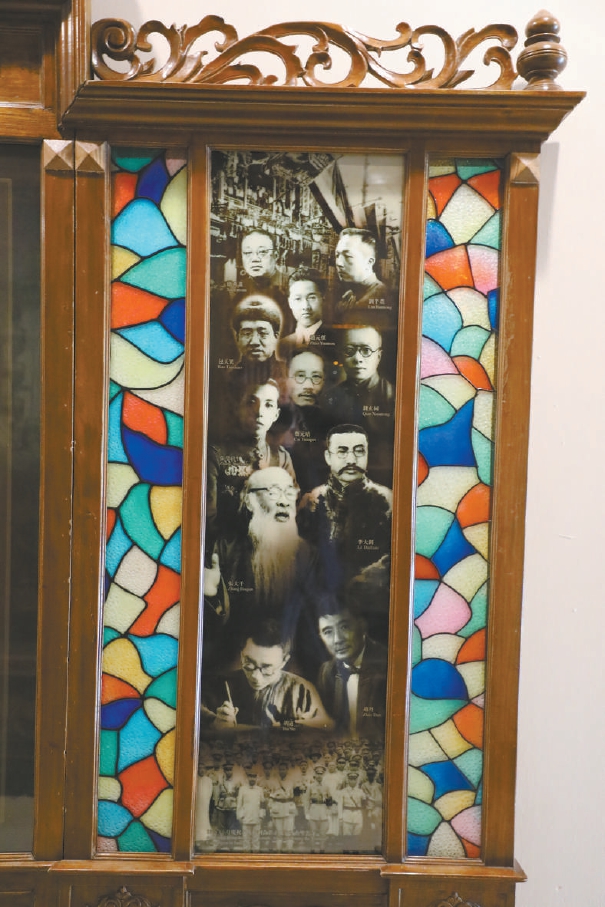From the foreign building a hundred years ago to the modern office building today, Taishan Overseas Chinese Innovation Center, a "dream space" for young people, further expands its functions. Photo courtesy of interviewee
Returning to his hometown from a big city, Chen Jianke hopes to create his own life of "poetry and distance" here. Chen Fanghuan photo
Wang Jiaming (left), a post-90s Macau youth, took root in Taishan and grew up in a rough way. Photo by Chen Sumin
"Thought collision" sparks constantly, "brainstorming" fruitful. On June 27th, I walked into Taishan Overseas Chinese Innovation and Entrepreneurship Center (hereinafter referred to as Taishan Overseas Chinese Innovation and Entrepreneurship Center) located on the 11th floor of Qingchuang Zhigu, Daguang Bay, Shunde Road, Taicheng Street. From spacious and bright offices to meeting spaces with fragrant coffee, young entrepreneurs were everywhere.
In Taishan Overseas Chinese Creation Center, a place where innovation and entrepreneurship are realized and personal values and dreams are realized, the reporter found that many individuals and teams who have settled in are from Hong Kong and Macao-Li Wennuo, who participated in the operation of the research and development room of Guli Wenchuang, was the winner of the "Young Entrepreneur Award" in Macau in 2015 and 2018; Dr. He Songxian, Dr. Huang Junxian and Dr. Ye Chenbao, the principals involved in the operation of the Science and Technology Innovation Studio, are scientific research experts in related majors of the City University of Hong Kong; Wu Junhong, a music producer who participated in the operation of Taishan Guangdong Music Incubation Base, is a Macao musician who wrote Macao People in Beijing and Cancer … The cooperation and exchanges between Taishan and Hong Kong and Macao are getting closer and closer.
Taishan is geographically close to Hong Kong and Macao, and its popularity is close to each other. In order to push the cooperation between Taishan and Hong Kong and Macao to a new level, the United Front Work Department of Taishan Municipal Committee gives full play to the advantages of extensive contacts and cohesive strength, and takes advantage of the east wind of Guangdong-Hong Kong-Macao Greater Bay Area’s construction to further promote the "Hong Kong and Macao integration" project, focusing on key points, accurately exerting efforts and optimizing services, and promoting exchanges and cooperation between Taishan and Hong Kong and Macao in various fields, showing great vitality.
Chen Sumin Lin Yuhui United Front Propaganda
Draw "concentric circles"
Consolidate the strength of "Hong Kong and Macao integration"
According to statistics, there are as many as 500,000 Taishan people living in Hong Kong and Macao. They have been developing in Hong Kong and Macao for a long time. In order to unite and help each other, connect feelings and seek common development, they spontaneously set up mutual aid and friendship organizations, such as the Taishan Chamber of Commerce in Hong Kong, the Taishan Association of Hong Kong, the Taishan Association of Macao, and the Taishan YMCA of Macao.
In recent years, these Hong Kong and Macao associations have actively exerted their unique advantages in projects, funds, technology and talents, and helped Taishan to participate in the construction of Guangdong-Hong Kong-Macao Greater Bay Area, which is an important force to promote the "Hong Kong and Macao integration" project. Taishan City has continuously strengthened its ties with Hong Kong and Macao associations, guided them to carry out various forms of patriotic activities, enhanced the patriotic spirit of Hong Kong and Macao folks, and constantly strengthened the power to love Hong Kong and Macao.
Common development and prosperity are inseparable from the power of "concentric circles".
At the beginning of this year, the COVID-19 epidemic spread in Hongkong, affecting the hearts of people in Taishan, my hometown. In urgent need of the villagers, the Taishan Municipal Party Committee and the municipal government quickly deployed and tried their best to support Hong Kong in fighting the epidemic. They immediately contacted the villagers in Taishan, Hong Kong to send care and condolences, donated masks, sent medicines, and ensured a stable supply. They raised epidemic prevention materials and living materials worth 1,682,160 yuan and mailed them to Hong Kong for distribution to the villagers. "We hope to do our best and join hands with the people of Hong Kong to fight the epidemic and overcome the difficulties together." Zhang Xuhui, chairman of Taishan Federation of Industry and Commerce (General Chamber of Commerce) and chairman of Guangdong Chenghui Medical Technology Co., Ltd. said. Previously, in order to help Hong Kong fight the epidemic, Guangdong Chenghui Medical Technology Co., Ltd. donated 150,000 disposable medical masks.
As the "rear area" of agricultural products supply in Hong Kong and Macao, Taishan enterprises spare no effort to ensure stable supply and protect the "vegetable basket" of Hong Kong and Macao compatriots. Guangdong Debao Food Co., Ltd., located in Dajiang Town, continuously guarantees the supply of chilled products in Hong Kong and Macao. "We supply about 70 tons of chilled chickens and ducks to Hong Kong and Macao every day, which basically meets the needs of Hong Kong and Macao." Yang Jifeng, deputy general manager of Guangdong Debao Food Co., Ltd. said. Every day at noon, chilled chickens, ducks and other products catch the "Hong Kong-Macao through train" and are sent to major supermarkets and restaurants in Hong Kong and Macao, becoming a homely delicacy on the public table.
With the rapid development of Taishan, many families from Hong Kong and Macao choose to send their children to Taishan for further study. "My feelings for Taishan come from my classmates, friends and family. I am willing to go to Taishan to go to school. In the future, I plan to work and live in major cities in Guangdong-Hong Kong-Macao Greater Bay Area and also contribute to the development of the motherland. " Tang Wantong is a senior one student in Taishan No.1 Middle School and a Taishan-born Hong Kong teenager. Studying in Taishan all the year round, she has been cared for by her teachers and helped by her classmates, and has a deep affection for Taishan.
A strong teenager makes a strong country. The children of Hong Kong and Macao folks living in Taishan are not only the hope and future of Hong Kong, Macao and Taishan, but also the fresh blood for building the country. Building consensus and gathering strength, Taishan City fully guarantees the children of Hong Kong and Macao folks to enjoy the same right to education, understands their study and living conditions, coordinates and solves their problems in study and life in a timely manner, gives them care, makes them feel more belonging, helps them cultivate their feelings of home and country from an early age, and strengthens their determination and confidence to participate in the construction of the motherland.
The construction of Guangdong-Hong Kong-Macao Greater Bay Area will bring more opportunities and more communication, so as to "connect with each other". Grasping the development opportunity, Taishan chose to go out of the house and deliver the service accurately to Hong Kong and Macao. It is understood that Taishan will provide more diversified services and more in-depth exchange opportunities for Hong Kong and Macao compatriots with various special activities as the starting point. In the second half of this year, Taishan City will hold the "Call of the Sea" 2022 Guangdong-Macao Youth Cultural and Creative Festival in Caoping Village, Shuibu Town to further promote exchanges and cooperation in the cultural and creative fields of Guangdong and Macao. At the same time, Taishan city will enter Macao to hold a new issue of "learning to cook?" ?” Activities, vigorously promote Taishan food culture, strengthen the cultural exchange of Cantonese food; Assist the Hong Kong community to prepare for the 25th anniversary celebration of Hong Kong’s return to the motherland and the inter-school boys’ and girls’ volleyball match of Taishan "Overseas Chinese Cup" middle school.
Create a big platform
Attract talents, start businesses and innovate.
From the foreign building a hundred years ago to the modern office building today, Taishan Overseas Chinese Innovation Center, a "dream space" for young people, further expands its functions. Taishan City is vigorously promoting the "Hong Kong-Macao Integration" project. In order to provide more young people with room for growth, the operation team of Taishan Overseas Chinese Innovation Center has increased investment and set up a new office space in Qingchuang Zhigu, Daguang Bay. Since its establishment in 2020, Taishan Overseas Chinese Innovation Center has helped 40 entrepreneurial individuals and teams ignite their entrepreneurial dreams.
"Why did you choose to return to your hometown? I think it is because of my love and support for my hometown that I want to contribute to the development of my hometown. The development of hometown needs talents. At the initiative of the government, my partners and I set up Taishan Overseas Chinese Innovation Center to attract talents from overseas and Guangdong-Hong Kong-Macao Greater Bay Area to Taishan, so that entrepreneurs can have a platform for growth. " Huang Yanhuan, a Hong Kong native and one of the founders of Taishan Overseas Chinese Innovation Center, was born in Sijiu Town, Taishan City. She is a registered professional engineer in Hong Kong. Although she has worked hard for many years, her love for her motherland and hometown has always been rooted in her heart.
In February, 2019, the Outline of Guangdong-Hong Kong-Macao Greater Bay Area Development Plan was officially released, which marked that the construction of Guangdong-Hong Kong-Macao Greater Bay Area entered the stage of full implementation. "My partners and I hope to start from ourselves and set an example. At the same time, we will give full play to the wisdom and innovation advantages of overseas Chinese, guide overseas Chinese and professionals from Hong Kong and Macao compatriots to innovate and start businesses in Taishan, help the construction of hometown, promote the industrial transformation and upgrading of Taishan, and polish the brand of overseas Chinese." Huang Yanhuan said. Today, Taishan Overseas Chinese Innovation Center is constantly becoming bigger and stronger, providing all-round services for the development of youth innovation and entrepreneurship.
Excellent team projects bring feedback to Taishan’s economic development, and the Science and Technology Studio in Taishan Overseas Chinese Innovation Center is one of them. Taishan Overseas Chinese Innovation Center actively cooperates with the City University of Hong Kong and other institutions, and invites Hong Kong scientific research experts to return to their hometowns from time to time to give lectures and conduct exchanges and promotion, so as to promote the application of a series of science and technology innovation technologies in industrial development, thus promoting Taishan’s economic development.
Talent is the key to development. In order to improve the level of cooperation between Taishan and Hong Kong and Macao, and promote the development of innovation and entrepreneurship, in recent years, Taishan City has actively implemented special policies to support Hong Kong and Macao residents’ employment and entrepreneurship, strengthened the Overseas Chinese Innovation Center, and expanded the "Overseas Chinese Dream Garden" Taishan Branch, providing more opportunities and platforms for talents and capital from Hong Kong and Macao to start businesses and innovate in Taishan.
In this process, the United Front Work Department of Taishan Municipal Committee took the initiative to strengthen the connection with Hong Kong and Macao, especially the exchange and interaction with local youth groups, regularly organized young talents from Hong Kong and Macao to visit Taishan, publicized the latest talent policy in their hometown, helped young people from Hong Kong and Macao to establish emotional ties, and guided them to return to their hometowns, take root in their hometowns and realize their dreams. More and more young people from Hong Kong and Macao responded to the call and chose to return to Taishan to display their talents.
Wang Jiaming, born in 1990s, is such a young man from Taishan, who is the general manager of Taishan Xinxin Electric Appliance Factory Co., Ltd. (hereinafter referred to as Xinxin Electric Appliance) and the vice president of Taishan YMCA in Macau.
Wang Jiaming’s father, an industrialist, started a business in Taishan as early as 1980s. In 2014, Wang Jiaming, who completed his studies in Canada and accumulated some work experience, returned to Taishan to participate in the production and operation of the enterprise. "It is the land of Taishan that makes my father’s business successful and supports our family. I have the responsibility to come back and continue to make the enterprise bigger and stronger. " Wang Jiaming thought so and did the same. Get off the production line, visit customers, and contact upstream and downstream enterprises … This young man took root in Taishan, grew up in the rough, and the enterprise development is getting better and better. In 2021, the output value of Xinxin Electric exceeded 400 million yuan. In the first half of this year, despite the epidemic, Xinxin Electric still maintained a good development trend, with an output value of 18% year-on-year.
At the beginning of this year, Xinxin Electric continued to increase investment to build a new factory in Taishan Industrial New City. The total investment of the project is planned to be 200 million yuan, mainly producing high-end household appliances. After the production, the estimated annual output value is 250 million yuan and the annual tax revenue exceeds 10 million yuan. The project has been strongly supported by Taishan, and various assistance policies and measures have been implemented. These measures have warmed Wang Jiaming’s heart and strengthened his confidence in developing in his hometown. "Taishan has great development potential, and young people from Hong Kong and Macao are welcoming new development opportunities here. We must carry forward the hard-working spirit of our fathers, integrate what we have learned into the practice of enterprise development, and contribute to the economic development of Taishan. " Wang Jiaming said.
Join the vast countryside
Display one’s talents and pursue one’s dreams.
Taishan is a big agricultural city. The vast fertile land and beautiful villages are the distinctive features and obvious advantages of Taishan. In recent years, a group of innovative and entrepreneurial youths have sweated in the fields of Taishan to help rural revitalization.
Chen Jianke, a Hong Kong youth whose ancestral home is Taishan, has a "coffee dream", and he has a soft spot for coffee. For many years, Chen Jianke has been concentrating on the cultivation, treatment, baking and coffee brewing of coffee beans. In 2015, Chen Jianke returned to Taishan from Hong Kong, put his dream into action and opened a coffee shop. The high-quality products made this coffee shop quickly open its popularity. This year, Chen Jianke opened the "Floating Moon Camping Coffee" at the entrance of Fuyue Village in Doushan Town.
Chen Jianke, who has deep feelings for his hometown, opening a coffee shop is only the beginning of his return to start a business. Not long ago, Chen Jianke carefully selected a batch of coffee bean seeds for cultivation in Fuyue Village, and successfully cultivated seedlings. In the future, he plans to try planting coffee beans, and try farming experience, parent-child nature education, camping travel, organic fruit and vegetable picking, organic rice planting and other projects. As Chen Jianke said, he will help Fuyue Village to build a platform for all-round display of Taishan farming culture, so that tourists can experience Taishan farming culture in depth, so that more people can get out of the city, retain homesickness and enjoy the yearning rural life.
Thanks to the construction of Guangdong-Hong Kong-Macao Greater Bay Area, the opening of the Hong Kong-Zhuhai-Macao Bridge and the construction of the Huangmaohai cross-sea passage, the advantages of Taishan are constantly highlighted, and the rural areas have also become a hot spot for young people from Hong Kong and Macao to dream, full of vitality and vigor. More and more young people from Hong Kong and Macao have become fashionable "new farmers" in Taishan rural areas.
Zhu Weishen is such a Hong Kong villager who loves nature and enjoys rural life. At the end of last year, he revitalized 0.8 hectares (12 acres) of wasteland in Donghua Village, Doushan Town, and started his "farming life" in Taishan. Peanuts, corn, beans, pitaya … Zhu Weishen tried to grow many fruits and vegetables. Wearing a straw hat and covered in mud, he lost the appearance of a city man.
Zhu Weishen works in the medical and pharmaceutical industry and pays special attention to environmental protection, health and food safety. During his life in Hong Kong, he joined voluntary organizations and used environmental protection technology to grow fruits and vegetables, which accumulated some experience. Zhu Weishen, who returned to his hometown, applied environmental protection planting technology to this abandoned land. Not long ago, Zhu Weishen reached an environmental protection agreement with a local coffee shop, recycling nearly 100 kilograms of coffee grounds every week for farmland soil improvement.
"To revitalize this farmland, it is more important to realize social value, open it to more students, agricultural workers, agricultural enthusiasts, etc., carry out popular science education services, teach green planting techniques, and convey the concept of environmentally friendly planting, thus affecting their life and work concepts." Zhu Weishen said.
Lin Zhicheng, a fellow traveler in Taishan, is also a person who loves his hometown and countryside. "My friends and I went back to our hometown, Caoping Village, Shuibu Town, and founded the Caoping Ancient Village Cultural Tourism Project, making the countryside a’ online celebrity Village’ so that villagers can find jobs and start businesses in the village, which can be regarded as a modest contribution to the development of their hometown." Lin Zhicheng said.
Caoping Village is an ancient village with a history of 500 years. Driven by a group of young people from Hongkong, Shenzhen and Taishan, such as Lin Zhicheng, this long-lost ancient village has renewed its vitality-improving the appearance of the village, holding concerts and tourism festivals, introducing high-quality merchants, setting up a cultural tourism investment and development company, mobilizing villagers to participate in the project and get dividends … Tourists from Guangdong-Hong Kong-Macao Greater Bay Area and other places have been coming to Caoping Village to "punch in", and the village has become famous far and wide.
Give full play to the advantages of contacts and experience in working in big cities for many years. Lin Zhicheng’s team has attracted many young people from home and abroad to Caoping Village, and Li Minxi, a young man living in the United States, is one of them. She brings the excellent service concept of overseas business and drives local businesses to provide better services, thus improving the tourism service level of the whole village.
"This is an earth-shaking change." As expected by Lin Zhicheng, this year, Caoping Village will introduce international youth hostels, rural amusement parks and tourist canteens to enrich tourism content, enhance tourists’ experience, enhance tourists’ stickiness, bring more collective business income to the village and promote the revitalization of rural industries.
